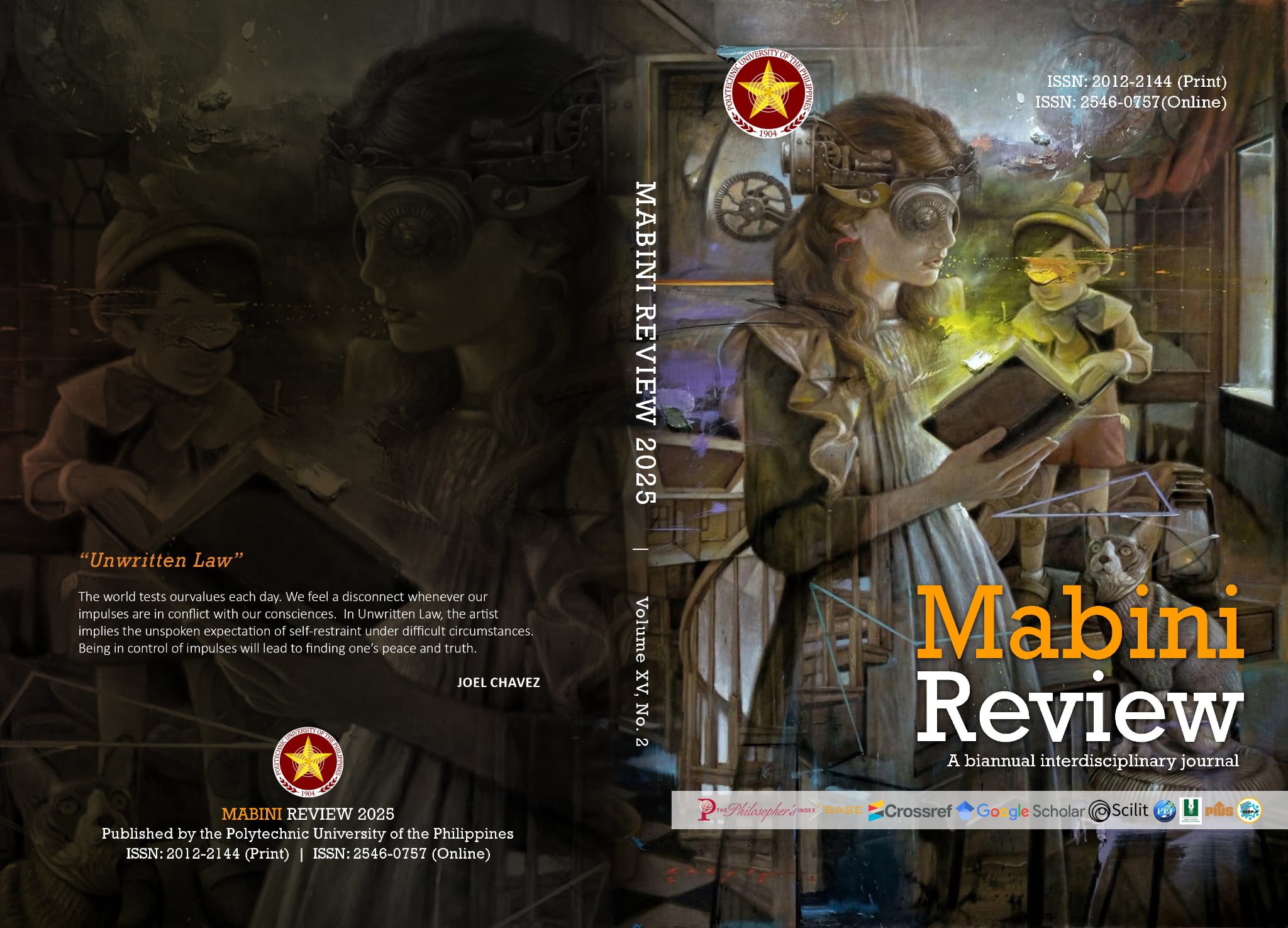Traslación: From Mythos to Kairos
DOI:
https://doi.org/10.70922/s1bhsm72Keywords:
Bayanihan, Hierophany, Black Nazarene, Sacred, TraslaciónAbstract
The pre-colonial Philippines was a vibrant archipelago filled with diverse faiths, ethnicities, and cultures, reflecting a rich blend of indigenous beliefs and practices. When Spanish colonization arrived, it dramatically transformed the religious landscape, introducing Christianity. Yet, remnants of pre-colonial spiritual traditions persisted, often merging with Catholic practices to create a distinct form of faith. This paper aims to explore the Traslación through various scholars. The focal point of this exploration is the Traslación, an annual event held every January 9 at Quiapo Church, which highlights the deep devotion many Filipinos have for the Black Nazarene. By drawing on both Western and Filipino philosophical traditions, this arrives into the sacred aspects of the Traslación, where the divine manifests through communal rituals and passionate involvement. It looks at how participants experience sacred time, moving from mythos (the stories of sacred history) to kairos (opportune sacred moments), creating a place where the eternal and the momentary come together. At its essence, this paper seeks to answer a fundamental question: How do we perceive and engage with the sacred in the context of the Traslación and Filipino folk Christianity? By placing this popular devotion in the broader fabric of Filipino spirituality, the study hopes to shed light on the ongoing interaction between indigenous roots and colonial impact, illustrating how Filipinos continue to shape their identity through dynamic and sacred practices. In the end, the dialectical link between the hierophanic nature of the Traslación and Filipino bayanihan shall be explored and later on, reveals a more serious societal issue.
Downloads
References
Downloads
Published
Issue
Section
License
Copyright (c) 2025 Johanne Randolf Andrada, Dominic Bautista Gonzales (Author)

This work is licensed under a Creative Commons Attribution-NonCommercial 4.0 International License.
Articles published in the MABINI REVIEW will be Open-Access articles distributed under the terms and conditions of the Creative Commons Attribution-Noncommercial 4.0 International (CC BY-NC 4.0). This allows for immediate free access to the work and permits any user to read, download, copy, distribute, print, search, or link to the full texts of articles, crawl them for indexing, pass them as data to software, or use them for any other lawful purpose.


